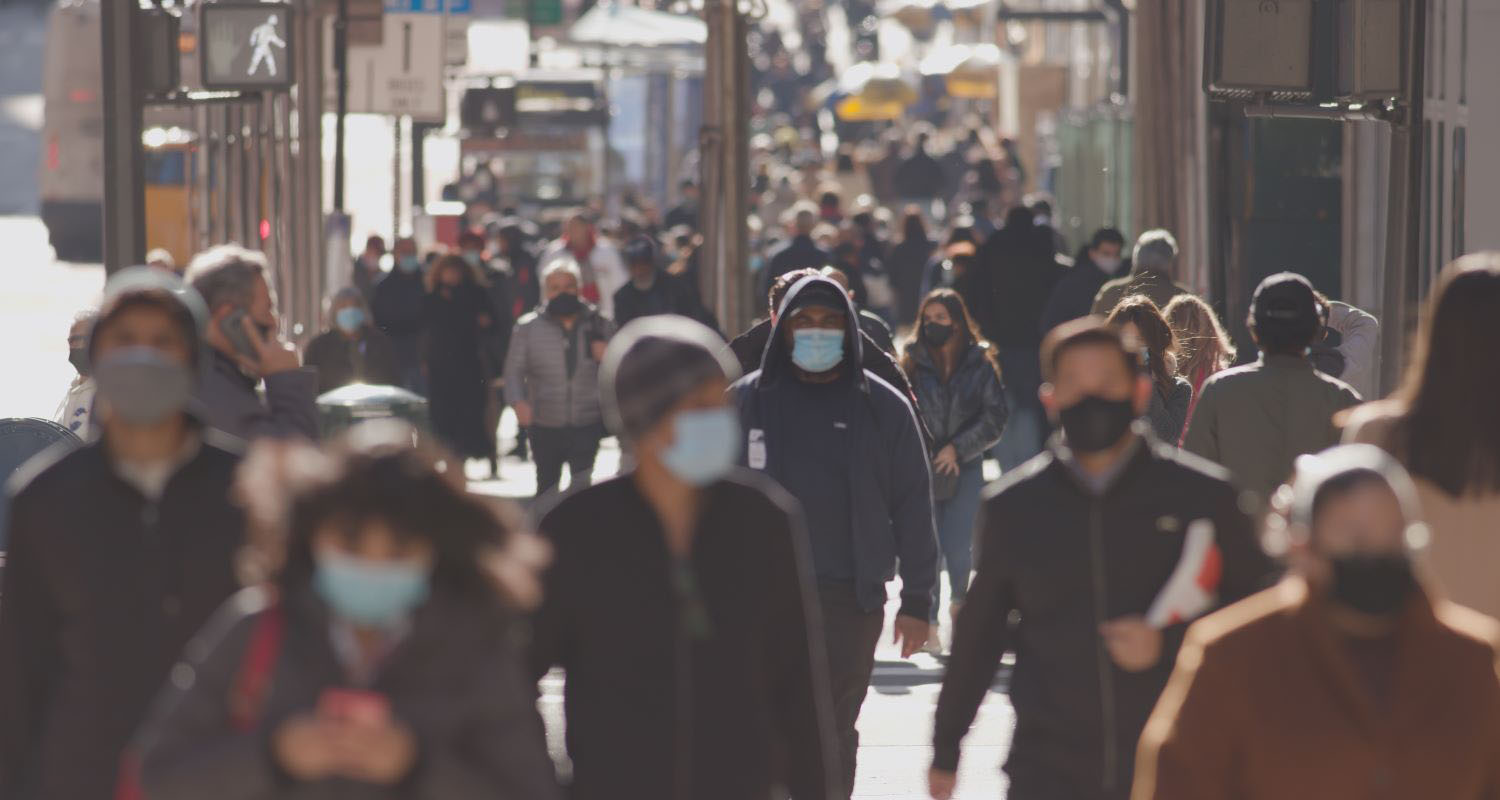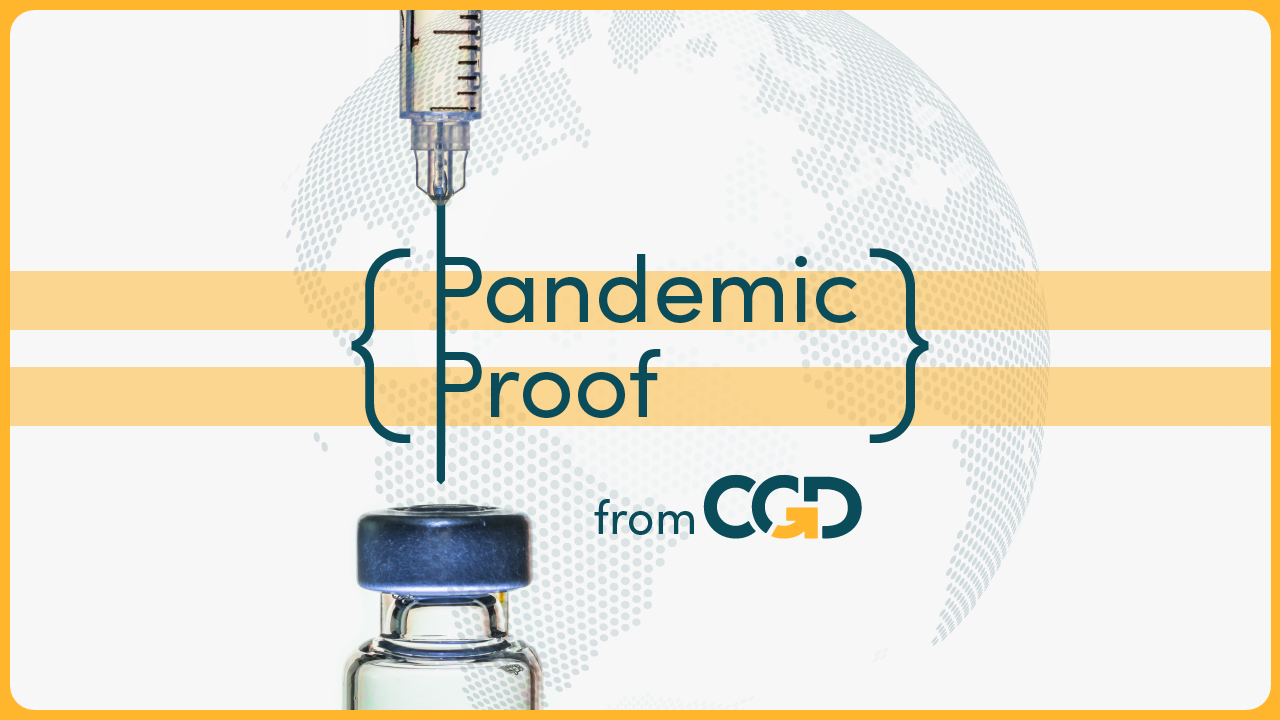In mid-July, the finance ministers of the G20 countries will meet to assess the world’s economic situation, to gauge whether the measures they proposed in April are advancing, and to discuss what more can be done. Prominent leaders have criticized the G20’s actions as being too timid given the dire straits in which the world finds itself. Recognizing that domestic politics may be limiting the range of international support leaders can marshal, my colleague Masood Ahmed has put together a focused agenda of needed immediate actions.
Earlier I made the case for a new allocation of Special Drawing Rights (SDRs) at the International Monetary Fund. This is essentially a way of expanding global reserve assets, much as high-income countries’ central banks are expanding their balance sheets. If these new SDRs were well allocated, they could be an important backstop for developing countries where the economic impact of COVID-19 has been swift and unrelenting.
But the politics surrounding a new allocation of SDRs are blocking it from going forward. The United States notably (as it has a veto in the affair) apparently will not go along, as a new allocation would provide liquidity to countries whose economies the United States government is stifling for political reasons. A few countries have not supported a new allocation for similar geopolitical reasons.
There is an interim measure that would help developing countries now and could be a “proof of concept” for a new allocation later (perhaps on January 21, 2021): reallocate some of the existing SDRs to developing countries. High-income countries hold just under $190 billion worth of SDRs which constitute part of their foreign exchange reserves. Every country has the right to transfer any of its SDRs to another country. So, a coalition of willing high-income countries could give a hand to developing countries. (High-income countries would have to assess the extent to which their SDR allocations were “free reserves” and the impact of a reallocation on their balance sheets.)
Each high-income country could do this alone, but it would probably be better to pool resources and then divide them up among the developing countries. And there is the rub: given the considerable needs, which developing countries receive the reallocated SDRs and how much do they get? There needs to be some reallocation formula. The IMF staff can figure out the mechanics of the transfer, but the divvying up of the pot requires a political steer from contributors and shareholders. Also, any mechanism devised now would help if countries decided that a future new allocation might be usefully reallocated to developing countries.
The political questions that must be answered to craft a reallocation formula are the following:
- What should be the income cutoff to receive part of the reallocation? Given that the amounts will be limited, it would seem sensible to focus on the poorest countries—low-income countries or those eligible for concessional lending from the IMF and/or World Bank. But the pool could include lower-middle-income countries too.
- Should all income-qualifying countries receive an allocation, or should there be some discretion among potential recipients? Across-the-board allocations will be easier to implement but may include countries whose economic policies or geopolitical stance will not be acceptable to some donor countries. Finding rules that bypass the “right” countries will be politically fraught.
- Should the reallocations be unconditional or tied to IMF lending? Unconditional transfers would provide rapid assistance to a broad range of countries—IMF ownership shares, or quotas, could be used to parcel out the SDRs. On the other hand, the SDR reallocation could be linked to need or the soundness of economic policies, as assessed by the IMF. This is likely to slow down the assistance but could be best accomplished by supplementing the pools of available IMF lending, Poverty Reduction and Growth Trust (PRGT), with instructions to allow access to IMF resources beyond usual lending limits.
The G20 finance ministers should give the IMF shareholders and staff a clear steer on these three basic questions—they cannot be answered by IMF staff. Without ministerial guidance on the principles of how shareholders want to move forward, the staff and the executive board risk getting caught in endless discussions about the particularities of the allocation—how much to whom. And ministers should insist on rapid action, as delay does not work in anyone’s favor.
I would favor unconditional widespread assistance, as SDRs are meant to be used by countries as assets to supplement their own reserves, not IMF levers for policy adjustment. And it can be done in the next three months if there is political insistence. A statement in the communique along the following lines would be best:
G20 Finance Ministers ask the IMF to pursue a voluntary reallocation of SDRs from willing high-income countries to PRGT-eligible countries allocated proportionately to quota. This reallocation should take place before the October Annual Meetings of the World Bank and IMF.
CGD blog posts reflect the views of the authors, drawing on prior research and experience in their areas of expertise.
CGD is a nonpartisan, independent organization and does not take institutional positions.






